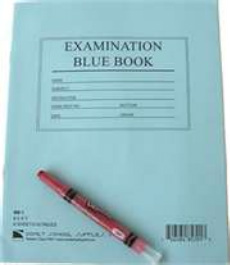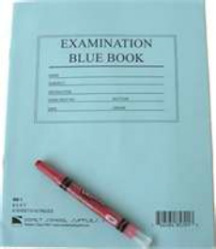 So I’ve got a question, but it’ll take me a while to get to it.
So I’ve got a question, but it’ll take me a while to get to it.
A few years back, here at Syracuse, we overhauled our graduate curriculum, paying particular attention to the core curriculum and comprehensive examinations. When I arrived at Syracuse, our comps process was a fairly traditional major-minor-minor set up. The exams themselves were varied, in a well-intentioned attempt to account for a variety of writing processes, but the idea of generating 3 lists, writing, and being examined over the results is fairly standard practice. There are virtues to this model, not the least of which is that it gives students experience assembling bibliographies, time to read, and ideally, a more focused mastery over the field than perhaps can be achieved in coursework.
Nevertheless, there were problems. The written examination is a genre that only bears tangential resemblance to the writing that we do in our careers. If anything, it intensifies the event model of writing that seminar papers habituate in us (read, read, read, read, then write in a very short burst of eventfulness), rather than moving students towards a more integrated process of research/writing. We also found that, as an unfamiliar genre, the exams themselves produced no small amount of anxiety, and often took up more time than they perhaps deserved in a program where funding was limited. Finally, those kinds of exams are difficult to articulate with coursework–what exactly is being “tested” if the lists are student-generated and potentially have little to do with their …
